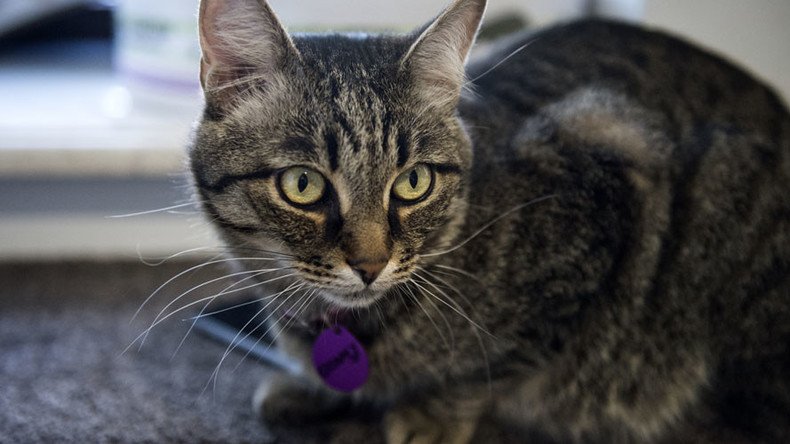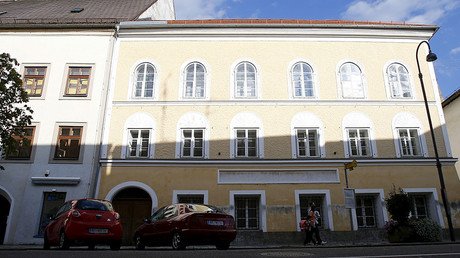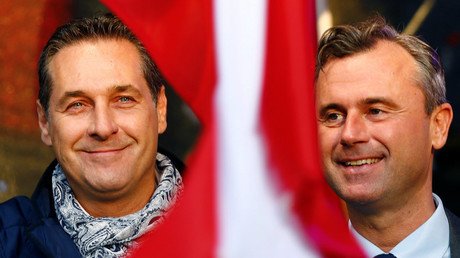A Salzburg court has found a 38-year-old Austrian man guilty of posting a selection of Nazi-inspired photos, many with allusions to gassing people, onto social media. One of the images featured a cat raising its right paw in the style of the German fascists.
The grand jury sentenced the man to 18 months, 15 months of which are suspended, for violating the Nazi Prohibition Act by repeatedly posting on the internet around 20 photos and related neo-Nazi slogans.
The Nachrichten.at daily described the images as“extreme right-wing propaganda,” and said they were spiced up by “cynical and dehumanizing slogans.”
“It is not so much about a single photo, but rather an impression of the overall context,” Markus Neher, the Attorney General, noted, APA news agency reported.
The defendant, whose name has not been revealed, pleaded guilty and apologized in court, Nachrichten.at reported.
A house search carried out by police also found items of clothing with Nazi symbols belonging to the man, including the numbers "88" (aka "HH", an abbreviation for "Heil Hitler").
Last month the Austrian government green-lighted a bill to strip the house in which Hitler was born from its present owner to prevent it from becoming a neo-Nazi pilgrimage site. The country's interior minister, Wolfgang Sobotka, said the building, located in the small town of Braunau on the Inn in western Austria, should be demolished completely.
Right-wing parties have recently been gaining support across the EU. Anti-immigration Freedom Party candidate Norbert Hofer nearly became the first far-right head of state in the EU in Austria’s presidential election in May.
Reinhard Kreissl, CEO for the Center of Societal Security in Vienna, told RT that growing support for Euroskeptic, anti-immigration parties can be easily explained.
“The economic downturn in Europe is obvious. There's a financial crisis. People are scared. They try to find a solution. They try to find an ideological homebase. And the nationalists, they give them a feeling of 'We have a solution of your problem,' which is not true, of course.”
Europe is currently facing its worst refugee crisis since World War II. Last year alone some 1.8 million asylum seekers entered the European Union fleeing war and poverty in Middle Eastern countries, according to data from the European Union border agency Frontex.



